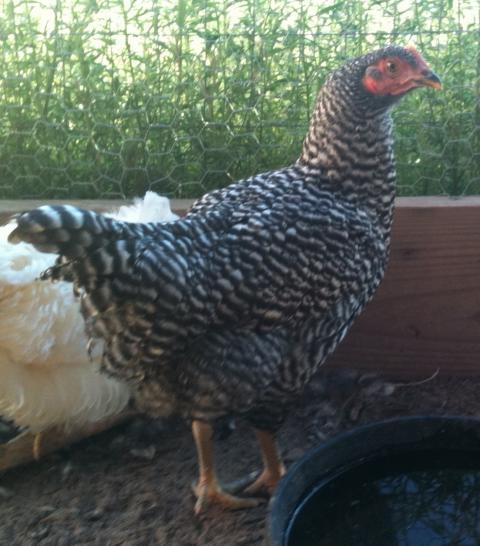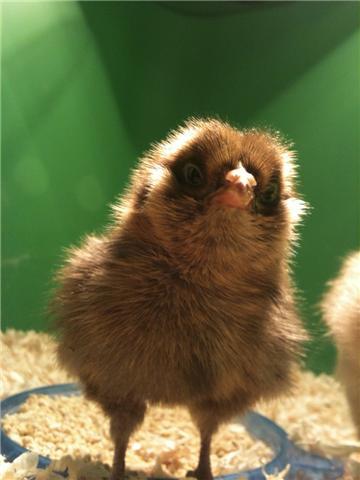- Mar 23, 2010
- 12
- 0
- 22
Purchased my Barred Rock hen (Daisy) in May from local feed store when she was a week old. Got her home and realized her picky cavity was impacted, didn't think she would make it. I nursed her with chick butt baths and she seemed to clear up.
I had been told by a feed store to give antibiotics (Duramycin-10) in water - did this during the month of May. She has runny, urine smelling stool, covering lower region of feathers under belly and picky region. I have not seen any type of parasite or worm. She seems healthy and happy. Just really dirty, smelly. Love her, don't know what to do.
My course of action will depending upon cost of services, but I am interested in what you think might be the problem.
Her cloacal diameter is enlarged and when I had given her the butt baths before it returned to normal size, but now it is enlarged and crusty/fecal covered again. Long story short, I have cleaned and healed her cloacal diameter many times, got it to normal size and healthy look, but this keeps returning to the current unhealthy condition.
I have found a mobile vet who can test her fecal matter, depending upon the cost of services, I am worried that if she is infected with a parasite, maybe it can be spread?
thank you in advance for any info you might be able to provide,
I had been told by a feed store to give antibiotics (Duramycin-10) in water - did this during the month of May. She has runny, urine smelling stool, covering lower region of feathers under belly and picky region. I have not seen any type of parasite or worm. She seems healthy and happy. Just really dirty, smelly. Love her, don't know what to do.
My course of action will depending upon cost of services, but I am interested in what you think might be the problem.
Her cloacal diameter is enlarged and when I had given her the butt baths before it returned to normal size, but now it is enlarged and crusty/fecal covered again. Long story short, I have cleaned and healed her cloacal diameter many times, got it to normal size and healthy look, but this keeps returning to the current unhealthy condition.
I have found a mobile vet who can test her fecal matter, depending upon the cost of services, I am worried that if she is infected with a parasite, maybe it can be spread?
thank you in advance for any info you might be able to provide,



